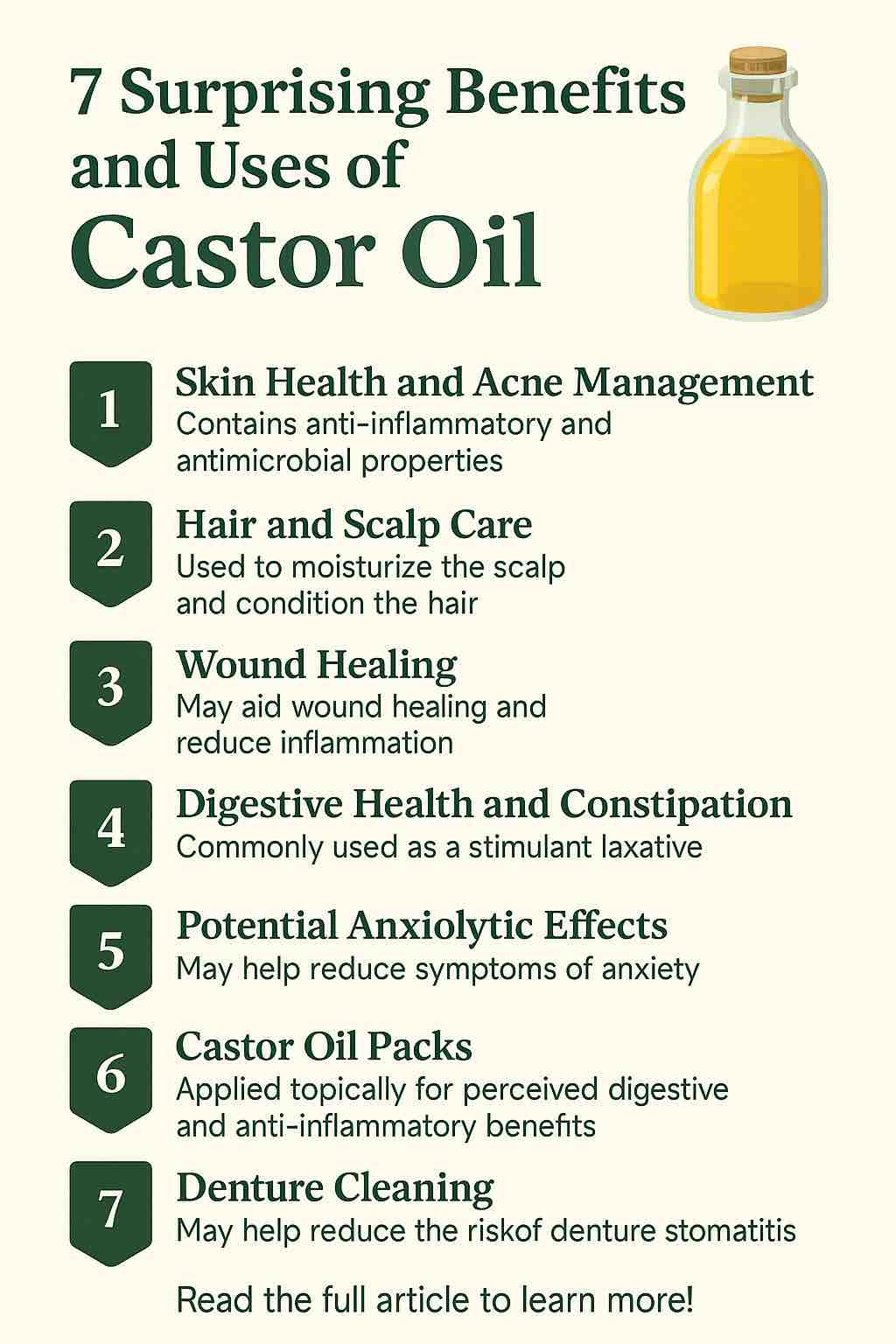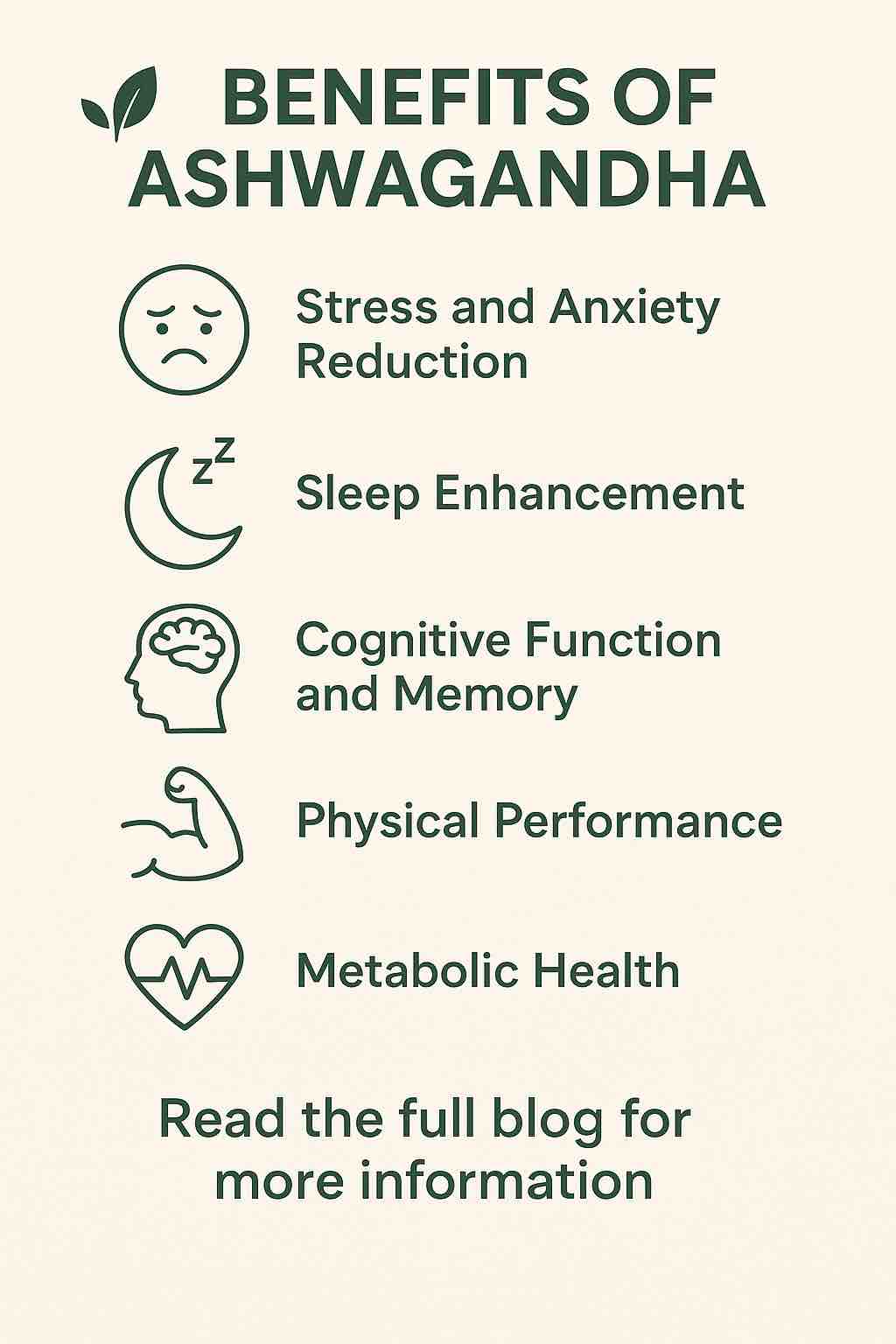
Headaches and migraines are among the most common neurological complaints worldwide, affecting millions of people of all ages. While many turn to conventional medications to manage their pain, a growing number of individuals are exploring natural remedies. Among these, cinnamon — a spice known for its warm aroma and culinary uses — has recently gained attention for its potential to relieve headaches and migraines.
But can cinnamon truly help ease your headache symptoms? Let’s dive deep into the science, mechanisms, and practical applications behind this fascinating possibility.
The Burden of Headaches and Migraines
Before exploring cinnamon’s role, it’s important to understand the challenge headaches pose. Migraines, in particular, can be debilitating, often accompanied by throbbing pain, nausea, sensitivity to light and sound, and lasting from hours to days. Standard treatments, such as painkillers and triptans, are effective for many, but not all — and they sometimes come with side effects or risks of dependency.
This has led researchers and sufferers alike to look for complementary approaches that might reduce the frequency or severity of headaches in a safer, more natural way.
Cinnamon: More Than Just a Kitchen Spice
Cinnamon, derived from the bark of trees in the Cinnamomum genus, has been used for thousands of years in traditional medicine. It’s prized not only for its flavor but also for anti-inflammatory, antioxidant, and neuroprotective properties.
There are two main types:
- Ceylon Cinnamon (Cinnamomum verum) — often called “true cinnamon,” known for its milder taste and lower coumarin content.
- Cassia Cinnamon (Cinnamomum cassia) — more common and stronger in flavor but contains higher levels of coumarin, which can be harmful in large quantities.
For medicinal use, especially for frequent or long-term intake, Ceylon cinnamon is generally considered safer.
What Does Recent Research Say About Cinnamon and Headaches?
Promising Clinical Findings
Recent studies have begun to scientifically evaluate cinnamon’s effect on migraines and headaches:
- Korean Study (2025):
A 73-year-old chronic migraine sufferer showed remarkable improvement after taking a herbal medicine containing cinnamon. His migraine frequency dropped from four episodes a week to just one within 42 days, allowing him to stop his usual medications entirely. This suggests cinnamon’s potential as a powerful adjunct therapy, especially for those who have not responded well to conventional drugs. - Isfahan University Study (2024):
In a well-designed randomized, double-blind, placebo-controlled trial involving 50 migraine patients, cinnamon supplementation led to significant reductions in the frequency, intensity, and duration of migraine attacks. Moreover, the study reported a drop in inflammatory markers such as interleukin-6 and nitric oxide, both of which are linked to migraine pathophysiology. - Earlier Research (2019):
An investigation published in the Journal of Neurology, Neurosurgery & Psychiatry echoed similar results, with cinnamon reducing migraine frequency and severity.
Understanding the Mechanism
How does cinnamon work against headaches?
- Anti-inflammatory effects: Cinnamon contains cinnamaldehyde and other compounds that help reduce inflammation — a key factor in migraines.
- Antioxidant properties: These help combat oxidative stress in the nervous system, which may trigger or exacerbate migraine attacks.
- Neuroprotection: By protecting nerve cells from damage, cinnamon may reduce the sensitivity of pain pathways in the brain.
Together, these effects may make cinnamon a valuable natural ally in headache management.
How Can You Use Cinnamon for Headache Relief?
If you’re intrigued and want to try cinnamon as a natural remedy, here are some practical ways:
1. Cinnamon Tea
Steeping cinnamon sticks or powder in hot water makes a soothing tea. This traditional remedy may help reduce mild headache symptoms. Adding honey or ginger can enhance flavor and benefits.
2. Topical Application
Some people find relief by applying a paste made from cinnamon powder mixed with water directly to their forehead or temples. The warming sensation may help relax muscles and ease tension headaches.
3. Supplements
Clinical studies often use capsules containing standardized amounts of cinnamon powder (e.g., 600 mg). If you choose this route, consult your healthcare provider to ensure safety, especially if you’re on other medications.
Important Considerations and Precautions
While cinnamon offers promise, it’s not a cure-all and should be approached carefully:
- Potential Drug Interactions:
Cinnamon, especially in concentrated form, may interact with drugs by affecting liver enzymes responsible for medication clearance. This could alter how your body processes certain drugs. - Type of Cinnamon Matters:
Avoid excessive intake of Cassia cinnamon because of its higher coumarin content, which can harm the liver with prolonged use. - Consult Healthcare Providers:
Particularly if you have chronic conditions or take prescription medications, professional guidance is crucial before adding cinnamon supplements to your routine.
What’s Next? Ongoing Research and Future Directions
Exciting studies are ongoing. For example, a clinical trial by Shiraz University of Medical Sciences is investigating how cinnamon biscuits enriched with vitamin D affect migraine symptoms — exploring potential synergistic effects that could open new doors in headache treatment.
Final Thoughts: Should You Try Cinnamon for Your Headaches?
Emerging evidence supports cinnamon’s potential to reduce headache frequency and severity, especially for migraines linked to inflammation and oxidative stress. It offers a natural, accessible option that may complement conventional therapies — especially for those seeking fewer side effects.
However, cinnamon is not a standalone solution. Always consider it as part of a broader headache management plan that includes lifestyle changes, stress management, and medical advice.
If you decide to give cinnamon a try, start with small amounts, opt for Ceylon cinnamon, and monitor your symptoms carefully.
Have you tried cinnamon for headaches? What was your experience? Share your thoughts and questions below — let’s continue the conversation!
FAQs about Cinnamon and Headaches
1. Can cinnamon really help relieve headaches and migraines?
Recent studies suggest that cinnamon, due to its anti-inflammatory and antioxidant properties, may reduce the frequency, severity, and duration of migraines. However, it should be used as a complementary approach alongside medical treatment.
2. What type of cinnamon is best for headache relief?
Ceylon cinnamon (true cinnamon) is recommended over Cassia cinnamon because it contains less coumarin, a compound that can be harmful to the liver if consumed in large amounts over time.
3. How should I consume cinnamon for headache relief?
Common methods include drinking cinnamon tea, applying a cinnamon paste topically, or taking cinnamon supplements. Always consult a healthcare professional before starting supplementation.
4. Are there any side effects or risks associated with using cinnamon for headaches?
Excessive consumption of cinnamon, especially Cassia type, may cause liver issues due to coumarin. Cinnamon supplements can also interact with medications, so caution and professional advice are important.
5. How does cinnamon help reduce migraines?
Cinnamon’s active compounds, like cinnamaldehyde, reduce inflammation and oxidative stress — two major contributors to migraine development — and may offer neuroprotective effects.
6. Can cinnamon replace my current migraine medications?
No, cinnamon is not a substitute for prescribed migraine treatments. It may serve as an adjunct therapy, but always discuss any changes with your healthcare provider.
7. Is there scientific evidence supporting cinnamon’s effectiveness for headaches?
Yes, several recent clinical studies, including randomized controlled trials, have demonstrated cinnamon’s positive impact on reducing migraine frequency and severity.
8. How much cinnamon should I take for headache relief?
Clinical trials have used doses around 600 mg of cinnamon powder per day. However, individual needs vary, so consult a healthcare professional before starting any supplement regimen.
9. Can I apply cinnamon directly to my skin to relieve headache pain?
A diluted cinnamon paste can be applied topically, but it’s important to test for skin sensitivity first, as cinnamon may cause irritation or allergic reactions in some people.
10. Are there any ongoing studies about cinnamon and headaches?
Yes, current research includes trials exploring cinnamon combined with vitamin D to assess potential enhanced effects on migraine relief.













